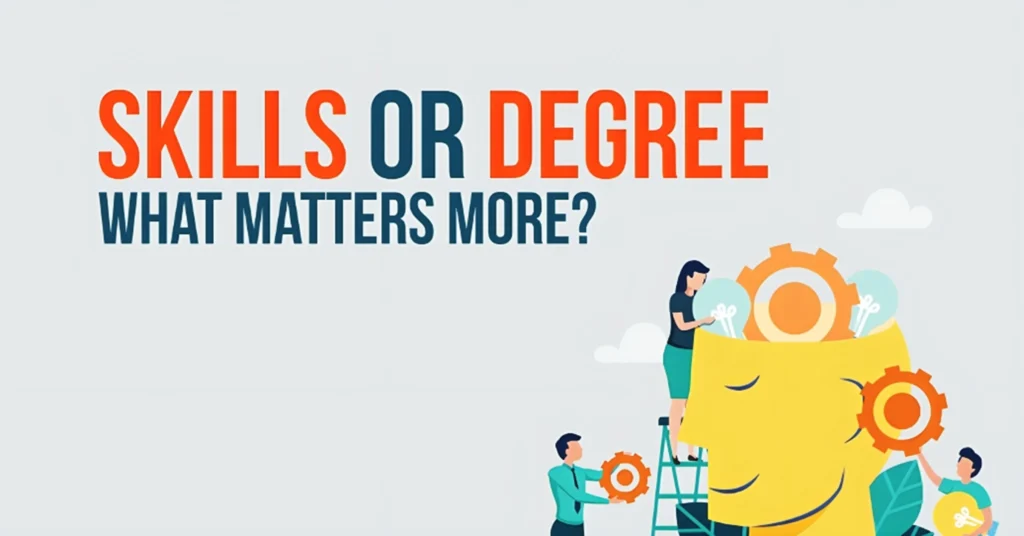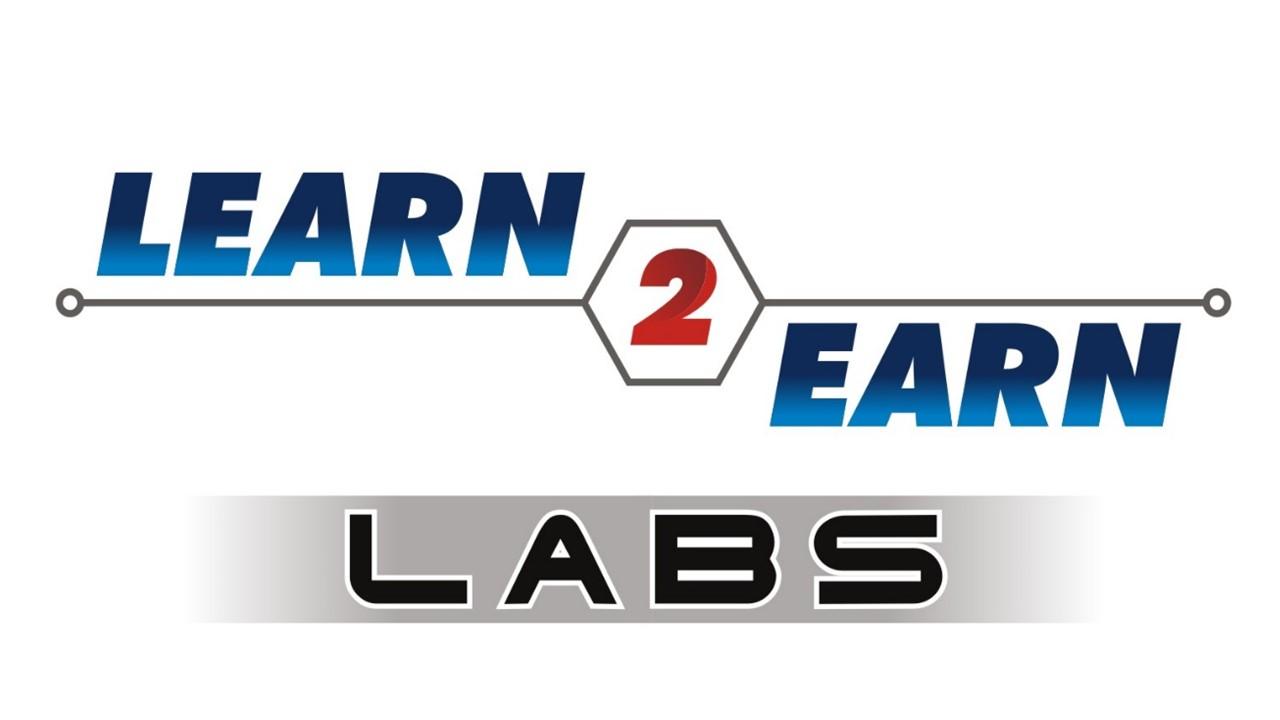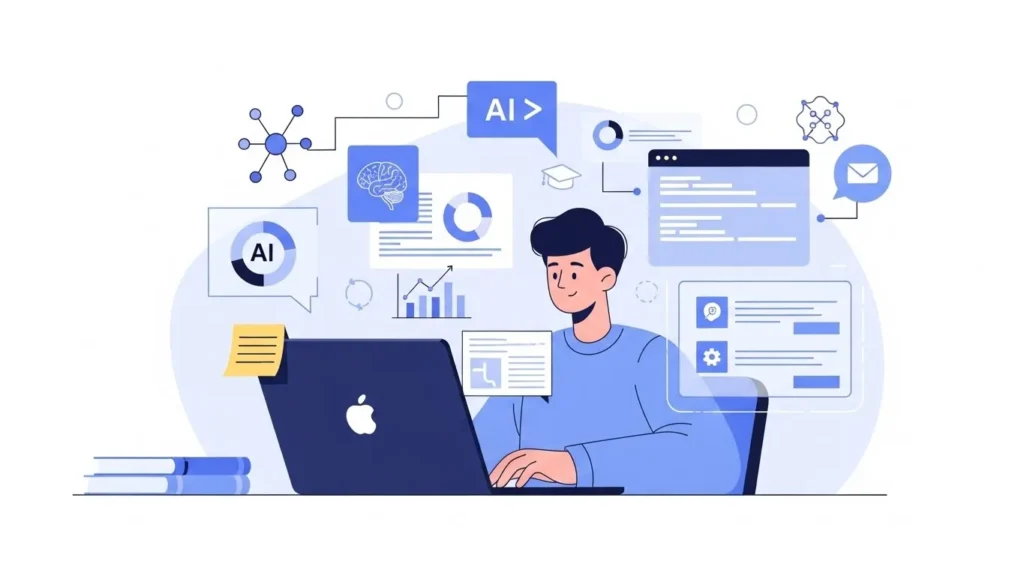
The job market is changing fast.
Today, companies no longer focus only on degrees — they need professionals who can deliver results from day one.
That’s why skill-based training has become essential for anyone looking to stay relevant and job-ready.
They care less about fancy degrees.
Instead, they focus on what you can actually do.
Many students still think a degree guarantees a good job.
However, this is no longer true. Companies now prefer candidates with practical skills over theoretical knowledge.
This shift explains why skill-based training is better than a degree in today’s competitive world.
Don’t let a degree define your career—let your skills shape your success!
Table of Contents
ToggleUnderstanding the Difference Between Degrees and Skills
What Does a Degree Represent?
A degree shows you completed a course of study. It proves you attended classes for 3-4 years. Most degree programs focus on theory and concepts.
They teach broad knowledge across many subjects.
However, degrees often lack practical application. Students learn about business but never run a real business.
They study computer science but may not build actual software.
What is Skill-Based Training?
Skill-based training focuses on specific abilities.
It teaches you how to perform real tasks. For example, web development courses teach you to build websites.
Digital marketing courses show you how to run actual campaigns.
This training is hands-on and practical.
You work on real projects. You solve actual problems.
Most importantly, you build a portfolio of work.
Core Difference in Approach and Outcome
Degrees follow a fixed curriculum. Everyone learns the same subjects.
The pace is slow and rigid. You cannot customize your learning path.
In contrast, skill-based training is flexible. You choose what to learn based on your goals.
The training focuses on industry needs. Moreover, you can complete it much faster than a degree.
Why Skill-Based Training Matters More in 2025
Industry Demands Are Changing
Today’s employers need specific skills because industry demands are changing rapidly.
They want developers who can code in Python.
They need marketers who understand social media advertising.
They seek data analysts who can work with real datasets.
Traditional degrees cannot keep up with these changes.
University curricula update slowly. By the time students graduate, the skills they learned may be outdated.
Rise of Practical and Hands-On Learning
Companies prefer candidates who can start working immediately.
They do not want to spend months training new hires. Therefore, they choose people with practical experience.
Skill-based programs provide this practical experience.
Students work on live projects. They use industry-standard tools. As a result, they become job-ready faster.
Faster Job Readiness and ROI
Most skill-based courses take 3-6 months to complete.
Some intensive programs finish in just 8-12 weeks.
This is much faster than spending 4 years on a degree.
Additionally, these courses cost less than traditional degrees.
Students can start earning sooner. Therefore, the return on investment is much higher.
Real-World Examples (Success Stories of Skilled Professionals)
Many successful professionals started with skill-based training.
Dropbox founder Drew Houston learned programming through online courses.
WhatsApp creator Brian Acton was self-taught in many areas.
In India, numerous developers at top companies like Flipkart and Zomato are self-taught.
They focused on building skills rather than collecting degrees.
Their success proves that skills matter more than certificates.
Benefits of Choosing Skill-Based Courses Over Traditional Degrees
Cost-Effective Learning
Traditional degrees cost lakhs of rupees.
Private colleges charge even more.
Many students take education loans that burden them for years.
Skill-based courses cost much less.
Most programs range from ₹20,000 to ₹1,00,000. This is a fraction of degree costs.
Furthermore, you can start earning while still learning.
Flexibility and Shorter Duration
Degree programs have fixed schedules. You must attend classes at specific times.
This makes it hard for working professionals to upgrade their skills.
Skill-based training offers flexibility.
Many courses are available online. You can learn at your own pace.
Most importantly, you can complete them while working.
Focus on Real Jobs, Not Just Theory
Degrees often teach outdated information.
Textbooks may be several years old. Professors may lack industry experience.
This creates a gap between education and reality.
Skill-based training focuses on current industry needs. Instructors are working professionals.
They teach the latest tools and techniques. Therefore, students learn relevant skills.
Higher Employability and Career Stability
The benefits of learning skills instead of getting a degree are clear in employment statistics.
Skilled professionals find jobs faster. They also earn competitive salaries from the start.
Moreover, skilled workers adapt to changes better.
When technology evolves, they can learn new skills quickly. This gives them better career stability.
What Recruiters Really Look For in 2025
Portfolio and Experience Over Certificates
Recruiters care more about what you can do than where you studied.
They want to see your work samples. A strong portfolio impresses them more than a degree certificate.
For instance, a web developer’s portfolio shows actual websites they built.
A designer’s portfolio displays real design projects. This practical proof matters more than academic grades.
Attitude, Adaptability, and Lifelong Learning
The tech industry changes rapidly. New tools and frameworks emerge constantly.
Recruiters look for candidates who can adapt to these changes.
Skill-based training develops this adaptability.
Students learn to pick up new skills quickly. They become comfortable with continuous learning.
This attitude is valuable to employers.
Skills That Actually Solve Problems
Companies hire people to solve specific problems.
They need someone who can fix their website.
They want someone who can analyze their data. They seek someone who can manage their social media.
Skill-based training teaches you to solve these exact problems.
You learn practical solutions. You understand how to apply your knowledge.
This makes you valuable to employers.
How to Get Started with Skill-Based Training
Choosing the Right Training Institute
Not all training institutes are the same—while many focus solely on theory, Learn2Earn Labs stands out as Agra’s only institute dedicated to practical, skill-based training.
Others provide outdated curriculum. Therefore, choosing the right institute is crucial.
Look for institutes that offer hands-on training.
Check if they provide job placement assistance.
Verify their industry connections. Most importantly, read reviews from past students.
Popular In-Demand Skill Courses
The best skill-based courses to get a job in India vary by industry.
However, some skills are in high demand across sectors.
Full Stack Web Development
Web development is one of the most promising careers.
Companies need websites and web applications. Full stack developers can work on both front-end and back-end development.
This skill is perfect for beginners. You can start with basic HTML and CSS.
Then progress to JavaScript and databases. Within 6 months, you can build complete web applications.
Digital Marketing
Every business needs online presence today.
Digital marketing helps companies reach customers online.
This field includes social media marketing, search engine optimization, and paid advertising.
Digital marketing courses teach practical skills.
You learn to run real campaigns. You understand how to measure results.
Best of all, you can freelance while learning.
Data Analytics
Companies collect huge amounts of data.
They need people who can analyze this data and find insights.
Data analytics is one of the highest-paying skills today.
Data analytics courses teach you to use tools like Excel, SQL, and Python.
You learn to create reports and dashboards.
You also understand how to present findings to management.
Mobile App Development
Everyone uses mobile apps today.
Companies need mobile apps to stay competitive.
Mobile app developers are in high demand across industries.
You can choose between Android or iOS development.
Both offer excellent career opportunities. The learning curve is steep but rewarding.
Internships and Real-World Projects
Skill-based learning programs for freshers and graduates should include practical experience.
Look for courses that offer internships. These give you real work experience.
Work on actual projects during your training.
Build a portfolio of your work. This portfolio will help you get your first job.
It shows employers what you can do.
The future belongs to the skilled—take the first step toward your dream job today!
Final Thoughts – Skills Build Your Future, Not Just Degrees
The job market rewards skills over degrees.
Companies want people who can deliver results immediately.
They prefer practical knowledge over theoretical concepts.
How skill-based training helps in career growth is clear.
It makes you job-ready faster. It costs less than traditional degrees.
It focuses on current industry needs. Most importantly, it gives you practical experience.
Therefore, consider skill-based training for your career.
Choose courses that match your interests and goals. Focus on building practical skills.
Create a strong portfolio of your work.
Remember, your skills determine your success.
A degree is just a piece of paper. But skills are tools that help you solve real problems.
They make you valuable to employers. They give you the power to build your own future.
“Start your skill-based journey today. Your future self will thank you for this decision”





